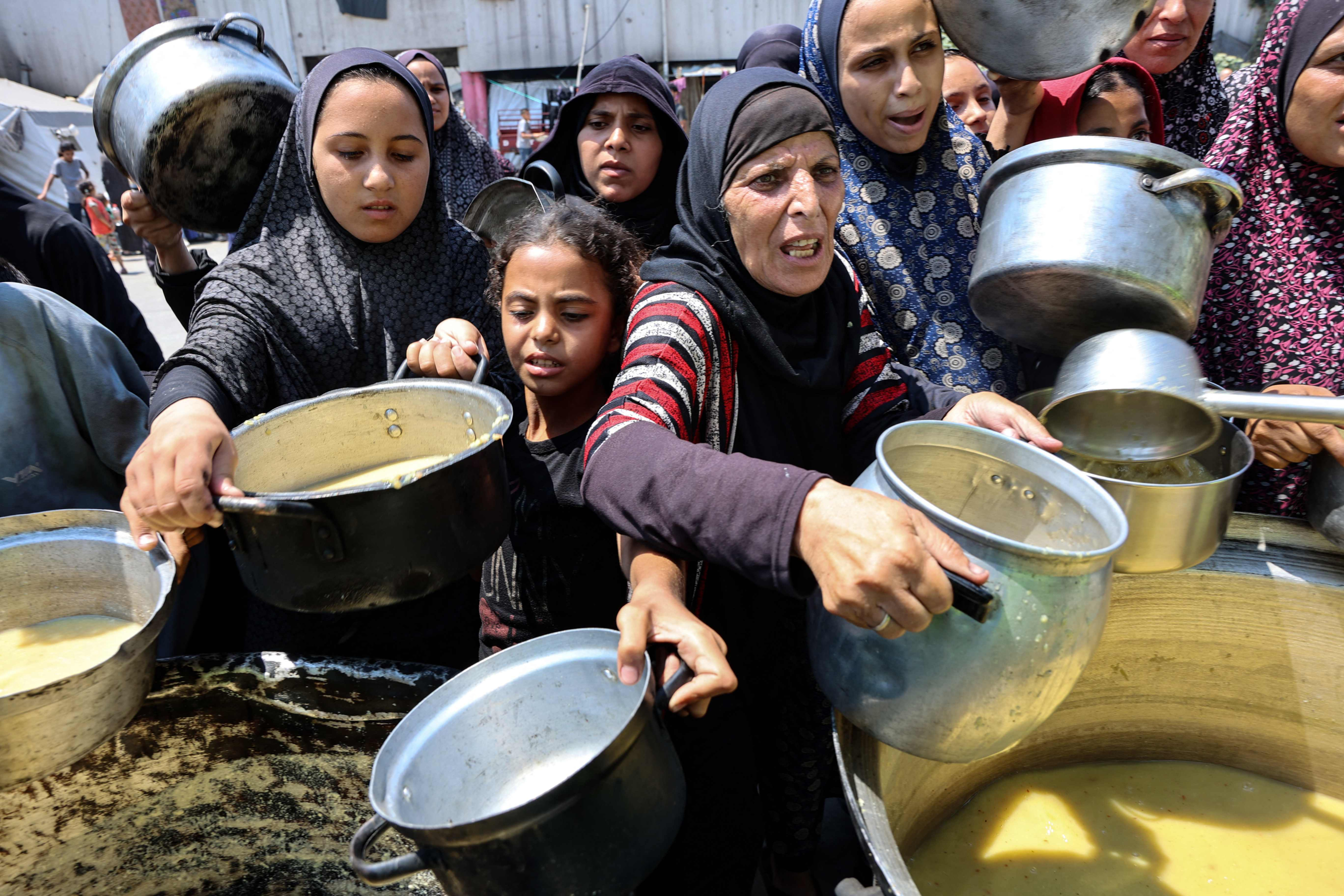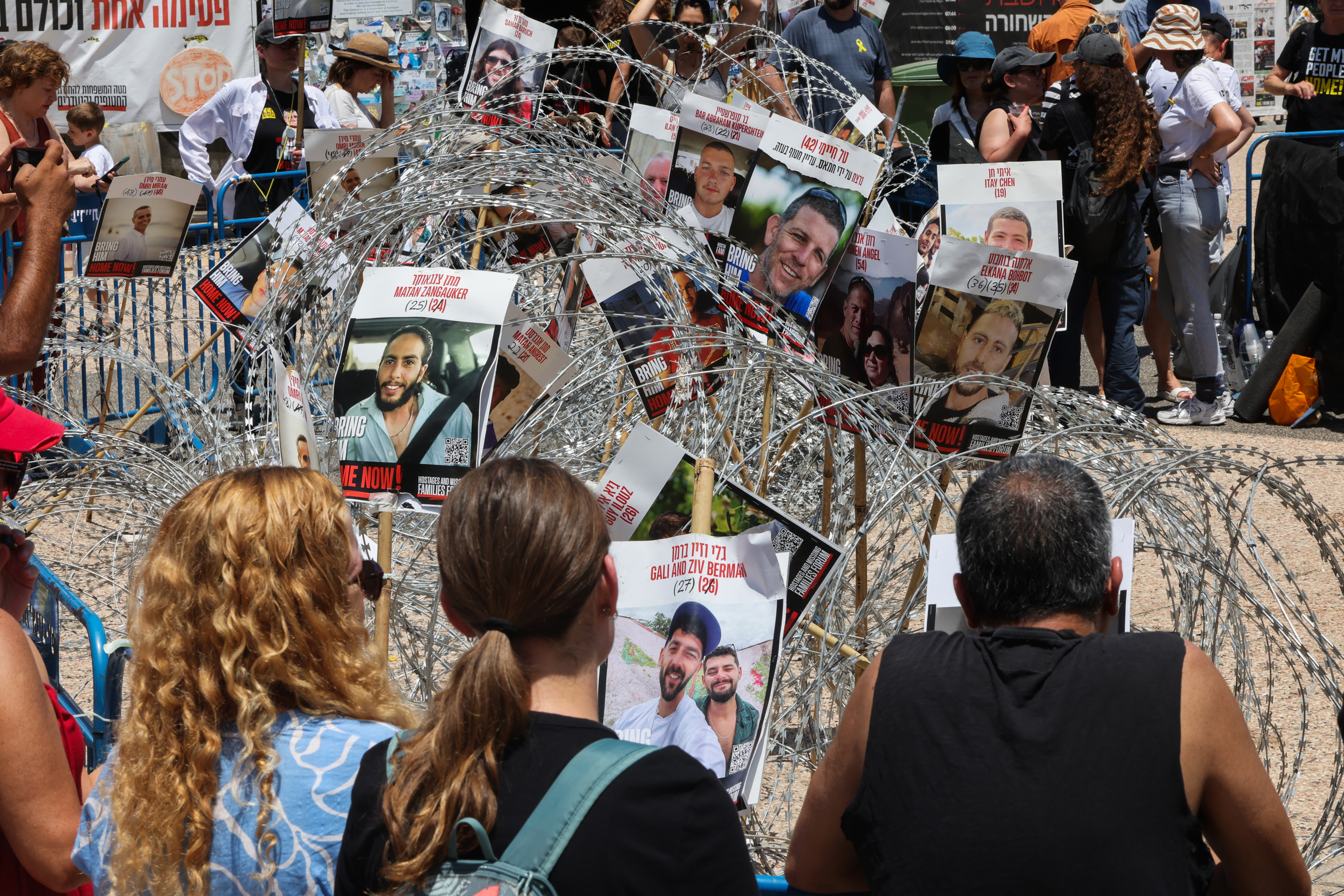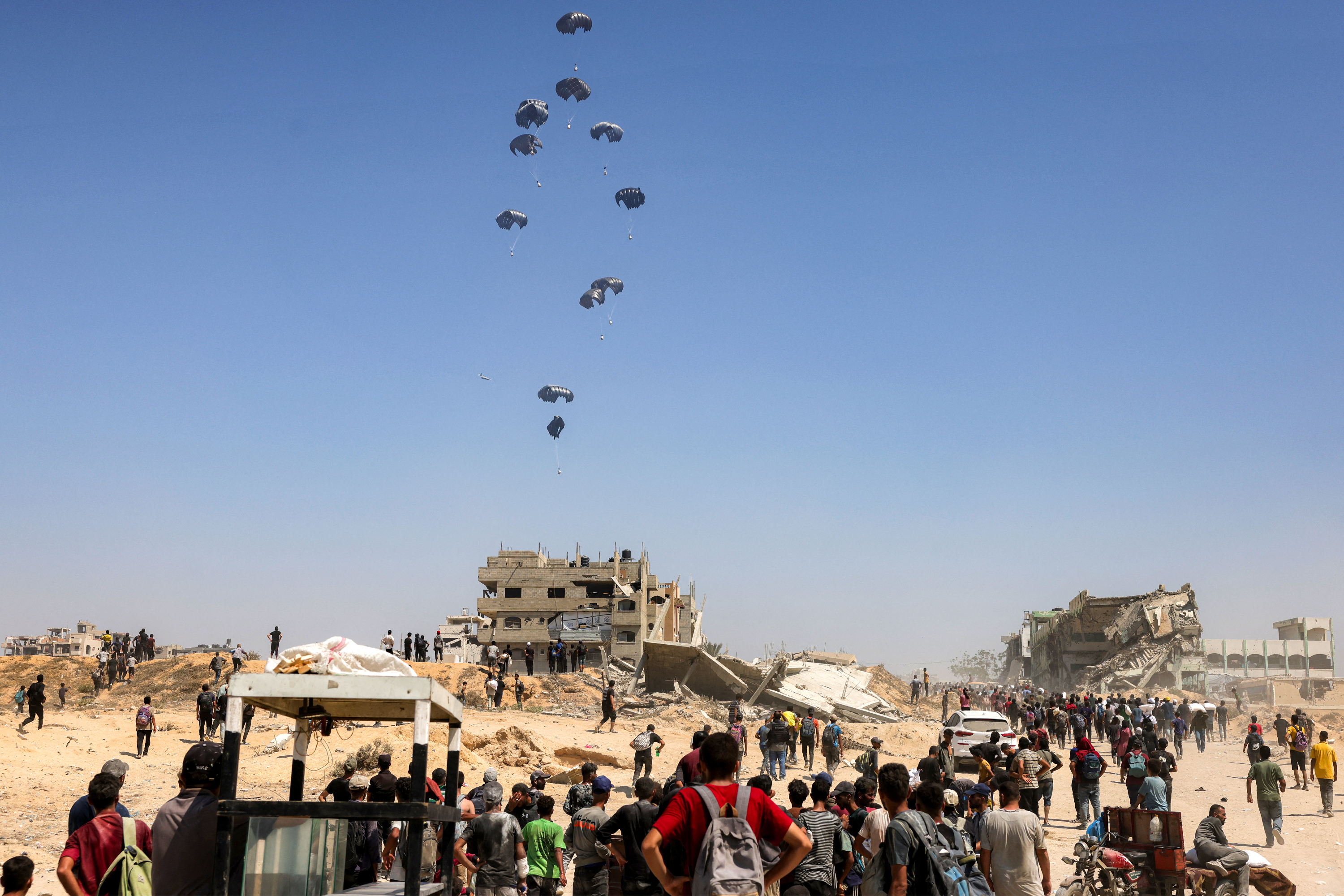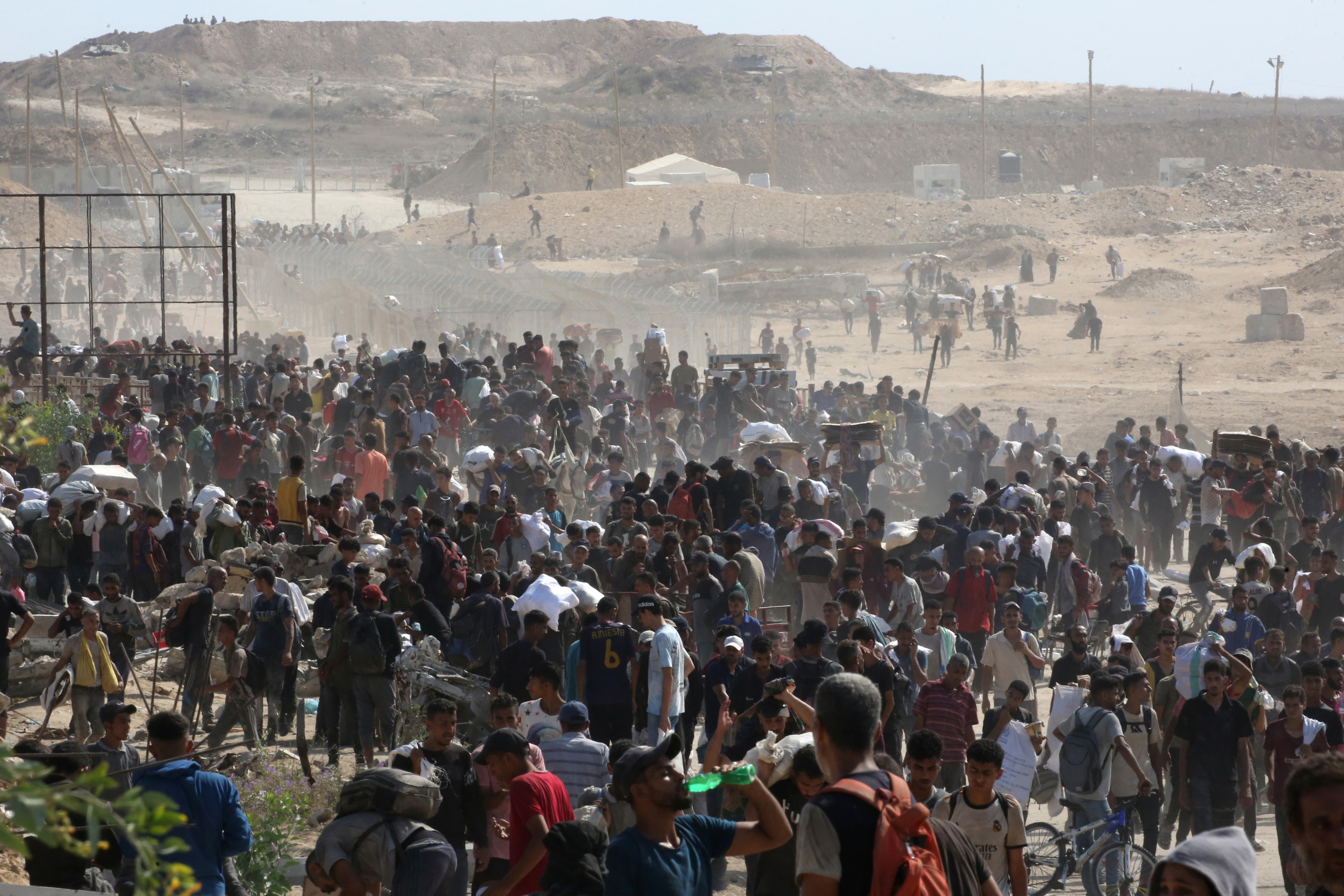The international community rejects Israel's decision to control Gaza City: from calls to stop the war to blocking arms shipments

Germany, Belgium, Spain, the United Kingdom, the Netherlands, Turkey, Australia, the European Commission, and the UN expressed their rejection this Friday of Israel's plan to occupy Gaza City and displace its inhabitants.
German Chancellor Friedrich Merz stated that this plan does not clarify how Israel intends to achieve the goals of disarming Hamas, securing the release of the hostages, and quickly launching ceasefire negotiations.
Merz added that, "under these circumstances, the federal government will not approve any export of military equipment that could be used in the Gaza Strip until further notice," in what is an unprecedented decision for Germany, one of the European partners most reluctant to criticize the Israeli government.
In response to Merz's decision, Israeli Prime Minister Benjamin Netanyahu accused Germany of "rewarding Hamas terrorism."
"Instead of supporting Israel's just war against Hamas, which carried out the most horrendous attack against the Jewish people since the Holocaust, Germany rewards Hamas's terrorism with its arms embargo on Israel," the president's office said in a statement.

German Chancellor Friedrich Merz has suspended arms shipments to Israel until further notice. Photo: AFP
In line with this stance, the Dutch government also described the Israeli cabinet's military plan as "a wrong step," considering that it "does nothing" to alleviate the humanitarian tragedy in the enclave and warned that "Gaza belongs to the Palestinians."
The Netherlands, like Germany, also canceled naval deliveries to Israel on Friday due to the "risk of use" against Gaza.
United Nations warns of a dangerous escalation UN Secretary-General António Guterrez said he was "gravely alarmed" by Israel's decision to "take control of Gaza City" and warned that it represents a "dangerous escalation" in the nearly two-year conflict in the Palestinian territory.
"The Secretary-General is gravely alarmed by the Israeli government's decision to 'seize control of Gaza City.' This decision marks a dangerous escalation and risks deepening the already catastrophic consequences for millions of Palestinians, and could endanger more lives, including the remaining (Israeli) hostages," Guterres' spokesperson Stephanie Tremblay warned in a statement.
Along the same lines, the UN Security Council announced that it will hold an emergency meeting this Saturday to discuss the situation in the Palestinian enclave.

Palestinians searching for food at a distribution point in Gaza. Photo: AFP
Another country that was most forceful in its response was Belgium, whose Foreign Minister, Maxime Prévot, summoned the Israeli ambassador to Belgium, Idit Rosenzweig-Abu, today and declared that he "will try to vigorously advocate for a reversal of these intentions."
Spanish Foreign Minister José Manuel Albares, for his part, firmly condemned Israel's decision, which would "only cause more destruction and suffering" in Gaza. He emphasized his call for a permanent ceasefire, the massive entry of humanitarian aid into the enclave, and the release of all hostages held by Hamas.

Israel's decision raises concerns about the safety and health of the hostages held by Hamas. Photo: AFP
For his part, British Prime Minister Keir Starmer—who announced in July that the United Kingdom would recognize the State of Palestine—described the decision as "erroneous" on Friday and urged the Israeli government to "immediately reconsider" the measure approved by his Security Cabinet.
In a statement, Starmer warned: "This action will do nothing to end this conflict or secure the release of the hostages. It will only lead to further bloodshed."

Deployment of humanitarian aid by air in the Gaza Strip Photo: AFP
Along the same lines, European Commission President Ursula von der Leyen called on the Israeli government to "reconsider" its military plan in Gaza and insisted on the release of all hostages and "immediate and unhindered access" for humanitarian aid.
For his part, UN High Commissioner for Human Rights Volker Türk warned that Israel's plans for a "total military occupation" of Gaza would violate international law and could lead to further deaths and forced displacement, and must therefore be "stopped immediately."
Volker Türk recalled that these actions "go against the ruling of the International Court of Justice, which establishes that Israel must end its occupation as soon as possible, as well as against the agreed two-state solution and the right of the Palestinian people to self-determination."

Palestinians receive humanitarian aid at a distribution point in Gaza. Photo: AFP
From Türkiye, the rejection was equally emphatic: the government condemned Israel's plan "in the strongest possible terms" and called on the United Nations Security Council to issue a "binding resolution" to halt the occupation.
The Australian government also warned that Israel's decision will worsen the "humanitarian catastrophe." In a statement sent to EFE, Foreign Minister Penny Wong reiterated that "a two-state solution is the only way to ensure lasting peace."
According to leaks of Netanyahu's plan to the Israeli press, the operation to take control of Gaza involves several phases. The first phase includes the evacuation of the Gaza capital's population by October 7, followed by the extension of military control to the entire Strip and the imposition of an Arab transitional government with no representation from Hamas or the Palestinian National Authority (PNA).
eltiempo





